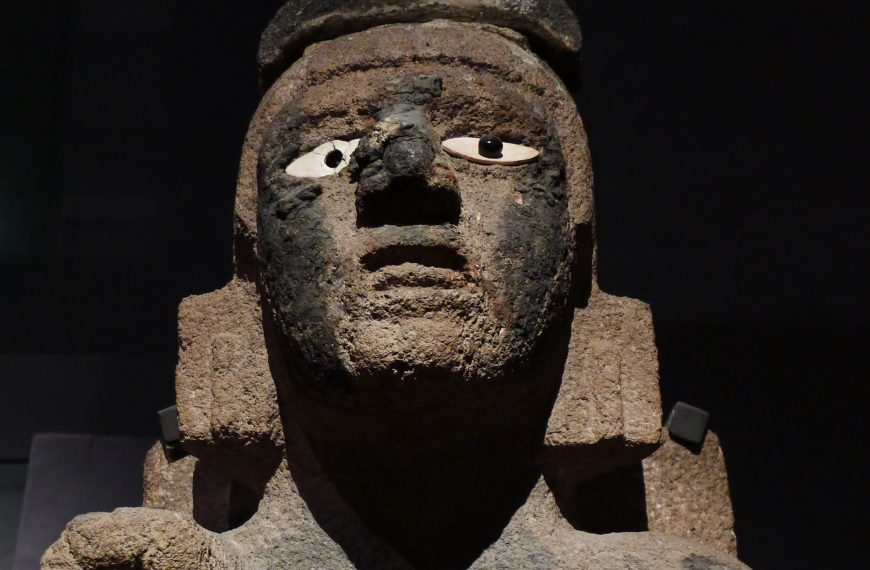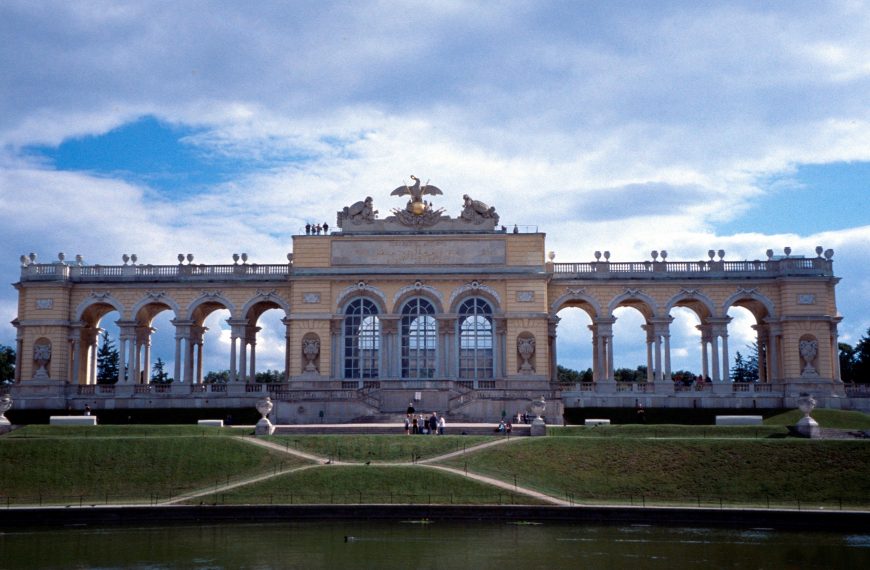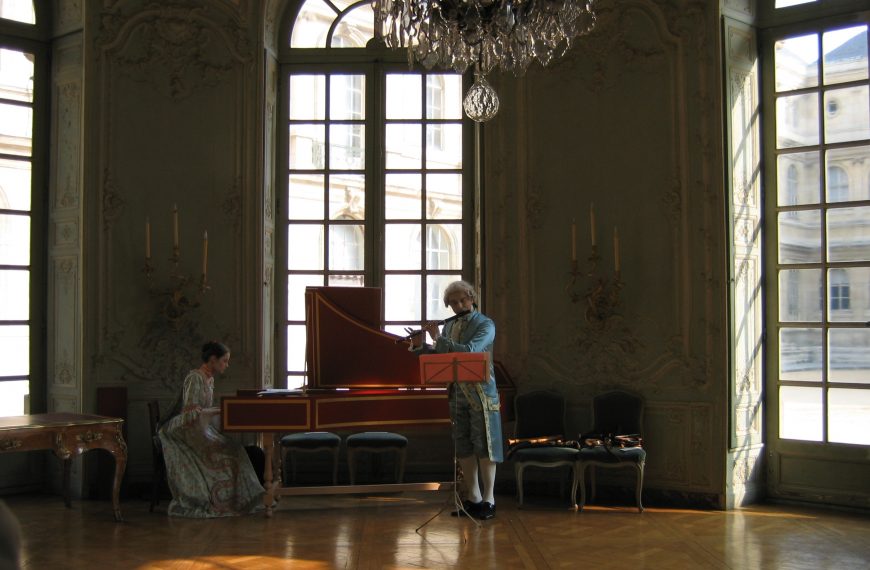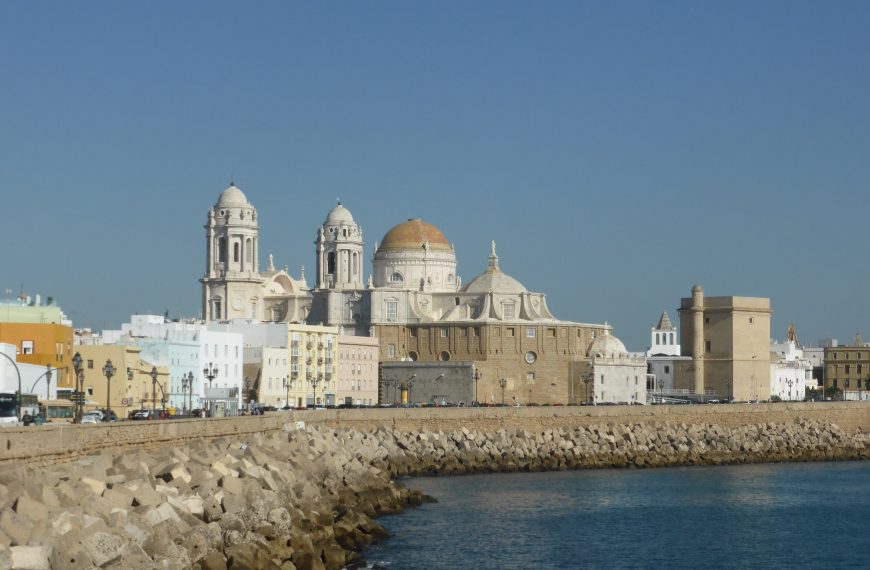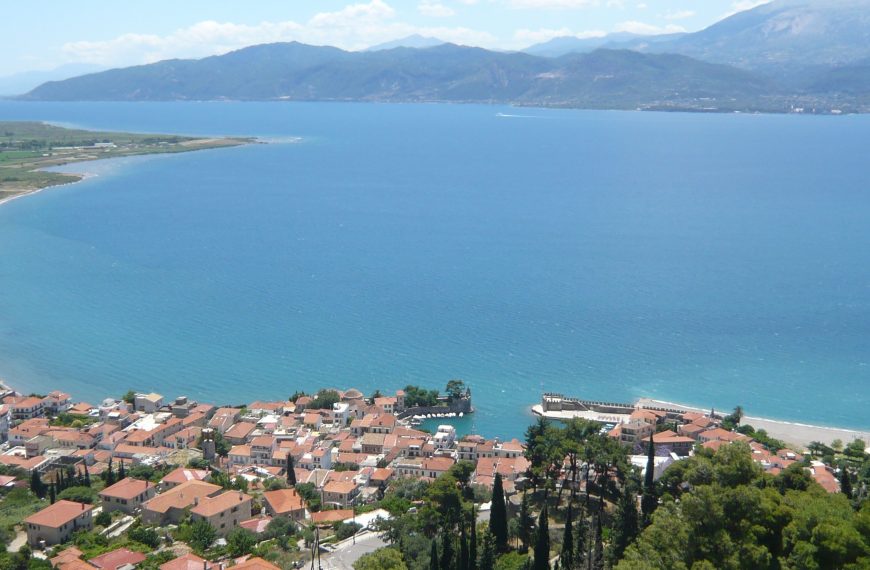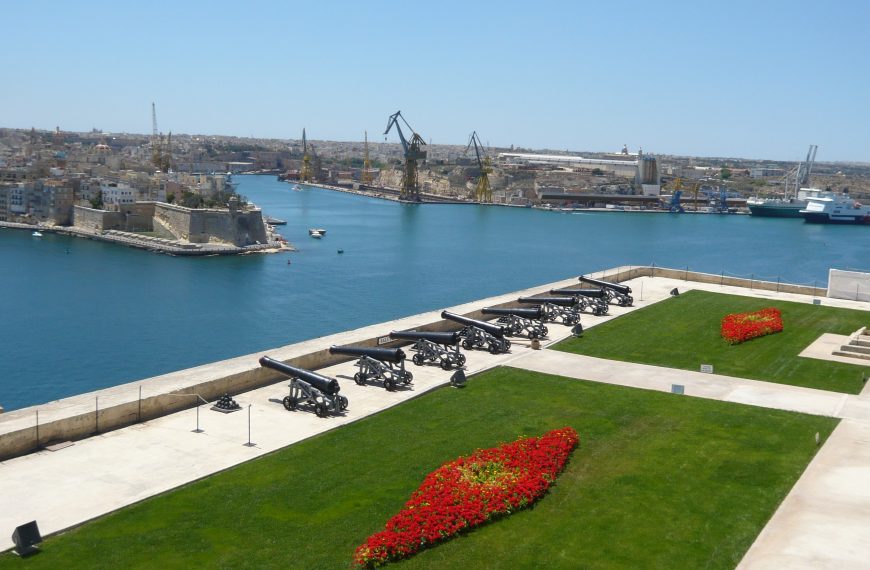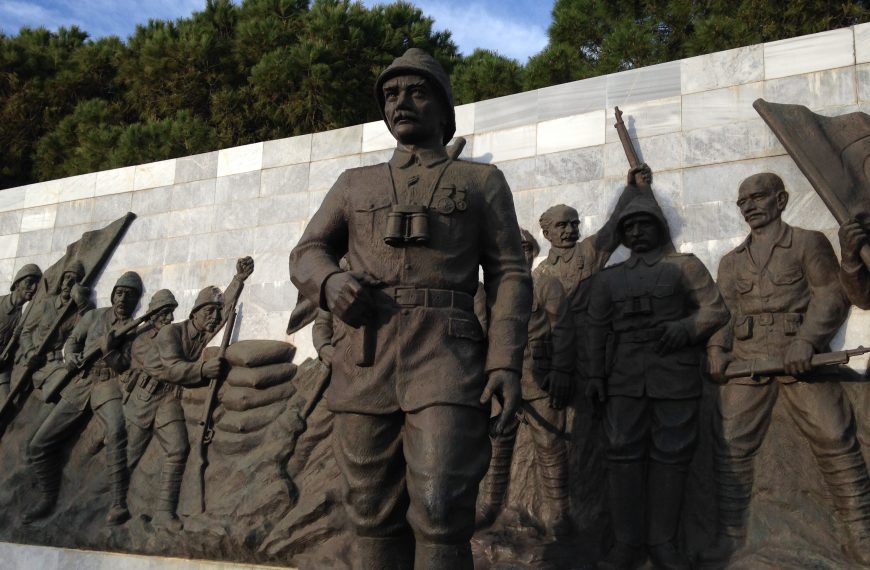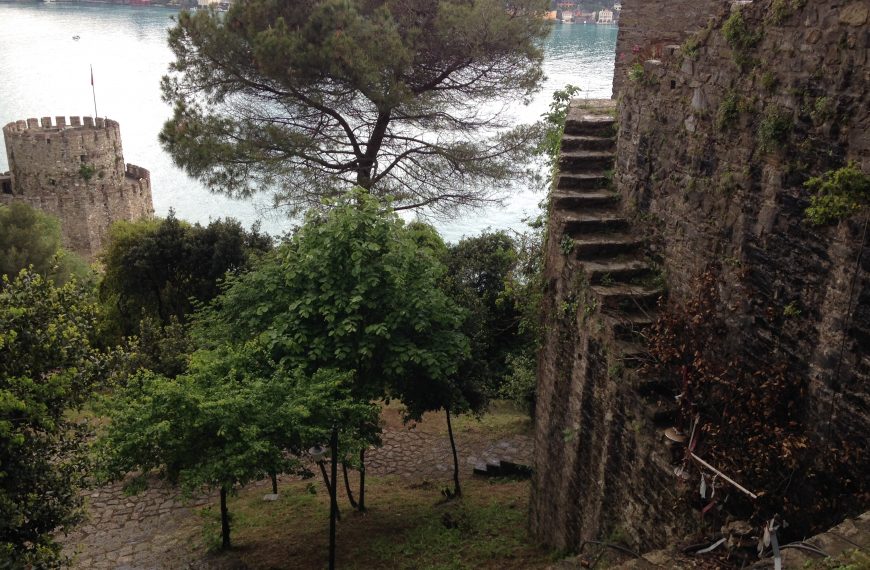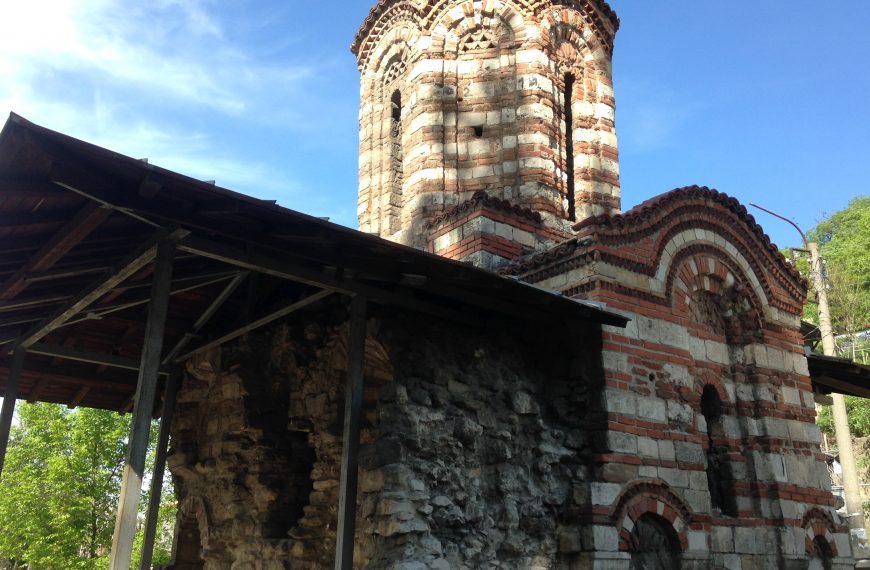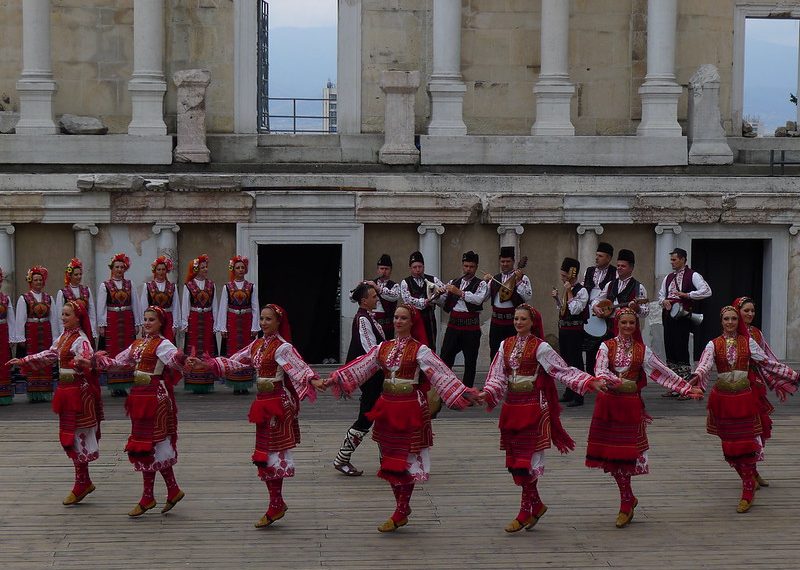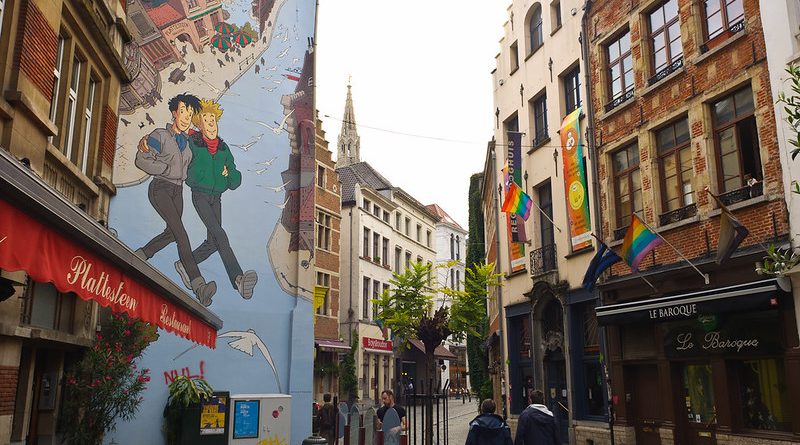
Bulgaria
Located in the southeastern corner of the Balkans, Bulgaria sits at the junction of Europe and Asia. Its location has made it susceptible to invasions in the past, but it also has provided a rich culture – the country is the birthplace of the Cyrillic script.
Bulgaria is a Balkan nation with diverse terrain encompassing Black Sea coastline, a mountainous interior and rivers, including the Danube. A cultural melting pot with Greek, Slavic, Ottoman, and Persian influences, it has a rich heritage of traditional dance, music, costumes, and crafts. At the foot of domed Vitosha mountain is its capital city, Sofia, dating to the 5th century B.C.
History
The Bulgars, a Central Asian Turkic tribe, merged with the local Slavic inhabitants in the late 7th century to form the first Bulgarian state. In succeeding centuries, Bulgaria struggled with the Byzantine Empire to assert its place in the Balkans, but by the end of the 14th century the country was overrun by the Ottoman Turks.
Northern Bulgaria attained autonomy in 1878 and all of Bulgaria became independent from the Ottoman Empire in 1908. Having fought on the losing side in both World Wars, Bulgaria fell within the Soviet sphere of influence and became a People’s Republic in 1946. Communist domination ended in 1990, when Bulgaria held its first multiparty election since World War II and began the contentious process of moving toward political democracy and a market economy while combating inflation, unemployment, corruption, and crime. The country joined NATO in 2004 and the EU in 2007.
Language
The Bulgarian language is one of the oldest codified European languages (9 century AD) that has survived to the present day. Bulgarian belongs to the South Slavic language family. As a homeland of the Cyrillic alphabet (created in 890-s AD), Bulgarian communication relies on its traditional language, using nearly 100 % Cyrillic alphabet (excluding tourist, traffic and advertisement signs).

